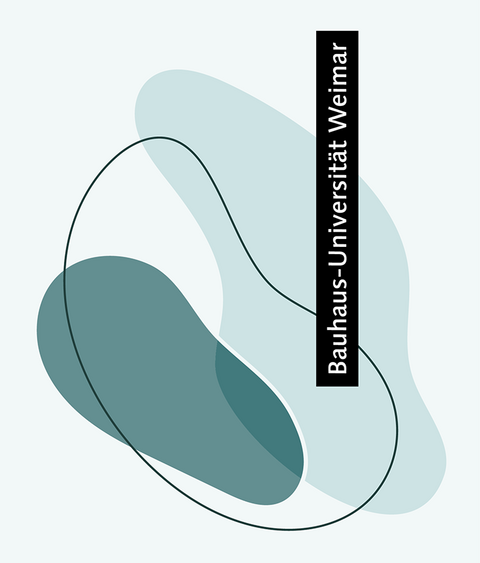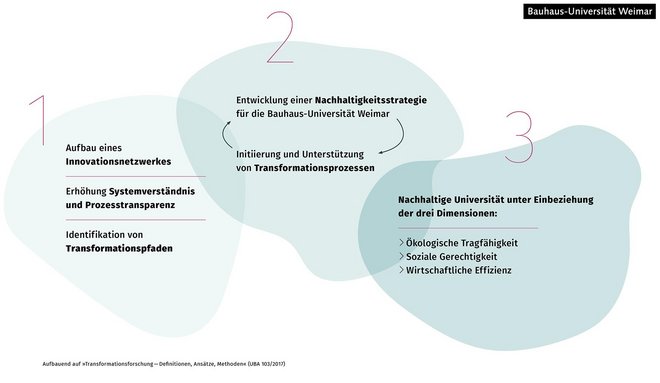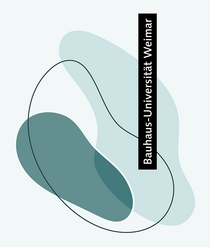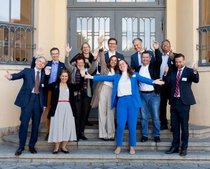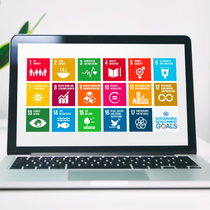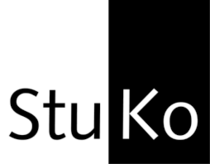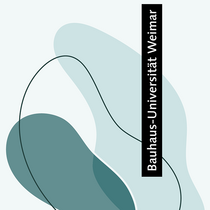Sustainable University
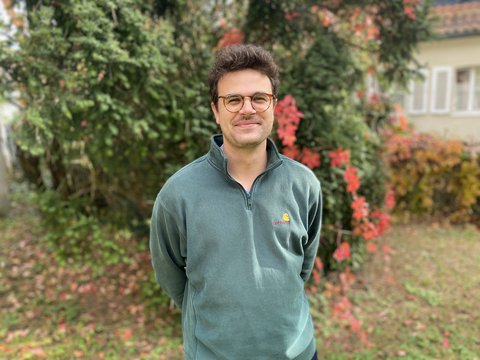
M.Sc. Elias Flory, Gründungswerkstatt neudeli

»Ich engagiere mich für Nachhaltigkeit, weil jede innovative Idee das Potenzial hat, die Welt zu verbessern.«
»Ich engagiere mich für Nachhaltigkeit, weil jede innovative Idee das Potenzial hat, die Welt zu verbessern.«
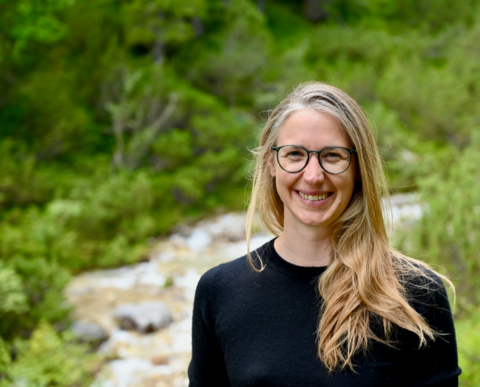
Dr.-Ing. Tonia Annick Schmitz, Stabsstelle Nachhaltige Entwicklung

»Ich teile die Ansicht von Marshall McLuhan: ›There are no passengers on spaceship earth. We are all crew.‹«
»Ich teile die Ansicht von Marshall McLuhan: ›There are no passengers on spaceship earth. We are all crew.‹«
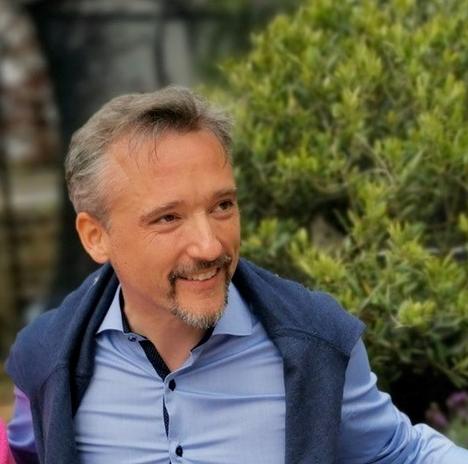
Prof. Dr. Tom Lahmer, Dekan der Fakultät B&U

»Wir haben nur eine Erde. Lasst uns endlich unserer Verantwortung gerecht werden.«
»Wir haben nur eine Erde. Lasst uns endlich unserer Verantwortung gerecht werden.«
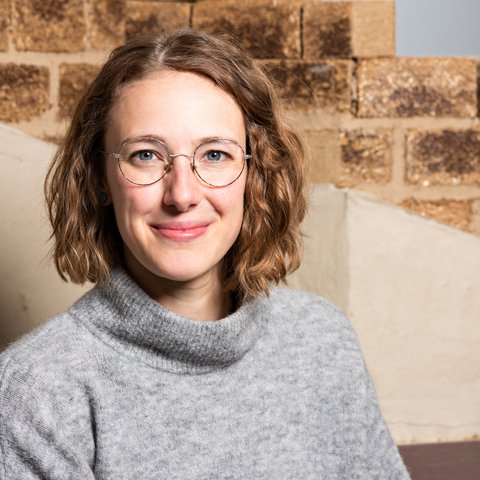
M.Sc. Katharina Elert

»Ich möchte nachhaltige Baustoffalternativen schaffen, auf die man gerne setzt. Dabei steht Stroh aktuell im Mittelpunkt meiner Lehre und Forschung.«
»Ich möchte nachhaltige Baustoffalternativen schaffen, auf die man gerne setzt. Dabei steht Stroh aktuell im Mittelpunkt meiner Lehre und Forschung.«
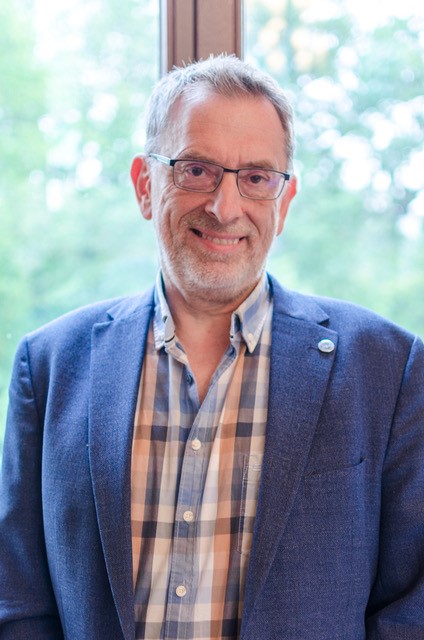
Prof. Dr. Uwe Plank-Wiedenbeck, European Digital Innovation Hub Thuringia

»Unser Anspruch als Bauhaus-Universität ist es, innovative Mobilitätslösungen zu entwickeln, die ökologisch, sozial und ökonomisch nachhaltig sind.«
»Unser Anspruch als Bauhaus-Universität ist es, innovative Mobilitätslösungen zu entwickeln, die ökologisch, sozial und ökonomisch nachhaltig sind.«
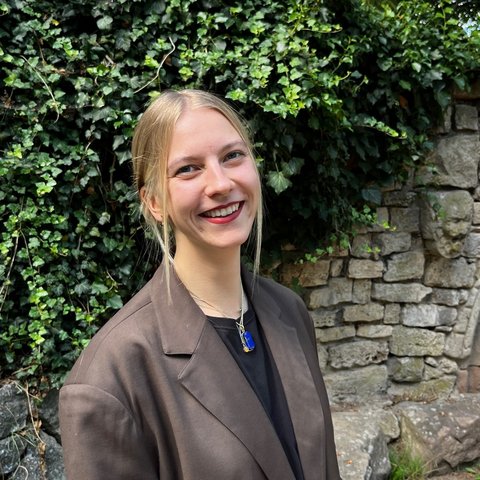
Stina Amrhein, AG Nachhaltigkeit

»Nachhaltigkeit und insbesondere Klimaschutz ist mir schon lange ein großes Anliegen. Ich bin froh, dass ich an der Fakultät meinen Beitrag dazu leisten kann!«
»Nachhaltigkeit und insbesondere Klimaschutz ist mir schon lange ein großes Anliegen. Ich bin froh, dass ich an der Fakultät meinen Beitrag dazu leisten kann!«
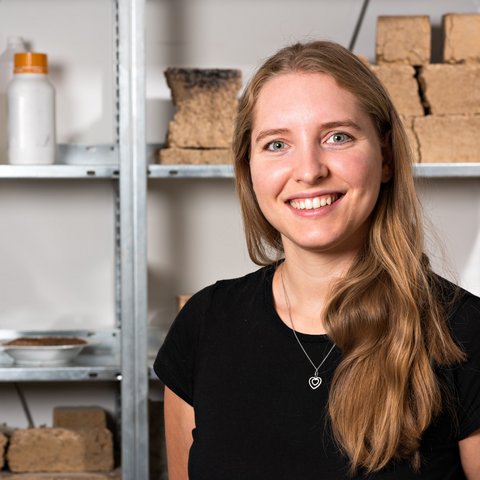
Larissa Daube, AG Nachhaltigkeit der Fakultät Bau und Umwelt

»Ich bin überzeugt, dass wir eine lebenswerte Zukunft für kommende Generationen bauen können. Deshalb forsche und lehre ich im Bereich Lehmbau.«
»Ich bin überzeugt, dass wir eine lebenswerte Zukunft für kommende Generationen bauen können. Deshalb forsche und lehre ich im Bereich Lehmbau.«
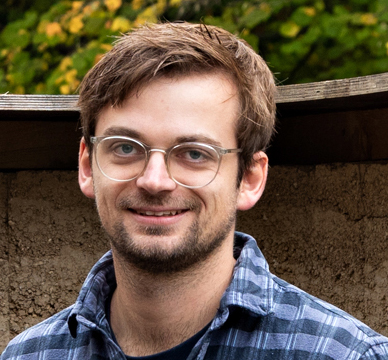
M.Sc. Lukas Kirschnick, Wissenschaftlicher Mitarbeiter Professur Konstruktives Entwerfen und Tragwerkslehre

»Ich promoviere zum Thema der Nutzung von Resthölzern in Tragwerkskonstruktionen und betreue die Vorlesungsreihe „Nachhaltiges Bauen.«
»Ich promoviere zum Thema der Nutzung von Resthölzern in Tragwerkskonstruktionen und betreue die Vorlesungsreihe „Nachhaltiges Bauen.«
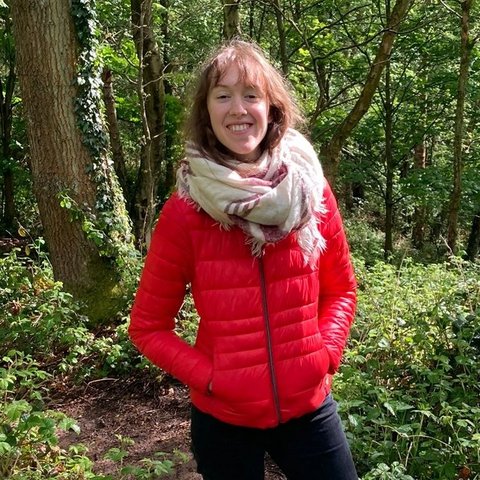
Milla Semisch, StuKo Referat Nachhaltigkeit

»Ich engagiere mich, weil wir Studierende essentieller Teil der nachhaltigen Transformation an unserer Universität sind. Wir zeigen auf, worauf es in den nächsten Jahren ankommt und welche Weichen für eine sichere Zukunft gestellt werden müssen.«
»Ich engagiere mich, weil wir Studierende essentieller Teil der nachhaltigen Transformation an unserer Universität sind. Wir zeigen auf, worauf es in den nächsten Jahren ankommt und welche Weichen für eine sichere Zukunft gestellt werden müssen.«
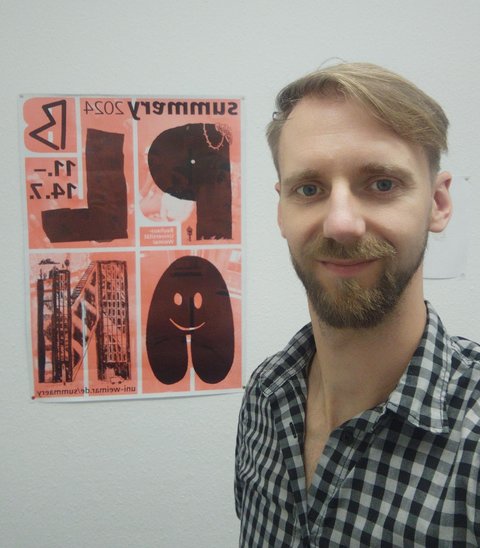
M.Sc. Steven Mac Nelly, Umweltbeauftragter

Ein geringerer Verbrauch von Energie und Wasser sowie die Vermeidung von Abfällen und Emissionen sind zentrale Elemente unseres Engagements an der Bauhaus-Universität für eine nachhaltige Zukunft.
Ein geringerer Verbrauch von Energie und Wasser sowie die Vermeidung von Abfällen und Emissionen sind zentrale Elemente unseres Engagements an der Bauhaus-Universität für eine nachhaltige Zukunft.
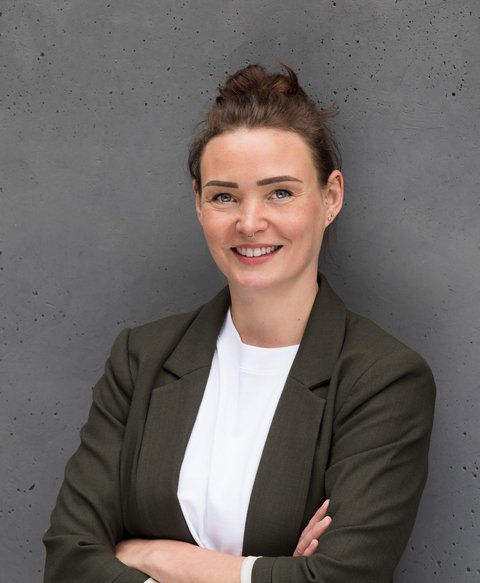
M.F.A. Tina Konscholky, Universitätskommunikation

»Nachhaltigkeit zeichnet sich durch ihre bemerkenswerte Vielschichtigkeit aus. Ich freue mich, insbesondere die digitale Nachhaltigkeit an der Bauhaus-Universität aktiv mitzugestalten und weiterzuentwickeln.«
»Nachhaltigkeit zeichnet sich durch ihre bemerkenswerte Vielschichtigkeit aus. Ich freue mich, insbesondere die digitale Nachhaltigkeit an der Bauhaus-Universität aktiv mitzugestalten und weiterzuentwickeln.«
Climate change is transforming the world. The Bauhaus-Universität Weimar is committed to responding to this transformation process, helping to shape it and becoming sustainable itself. To this end, we promote a socially just transformation and reduce the climate and environmental impact caused by university operations with the help of concrete measures in teaching, research, transfer, governance, construction and operations. To this end, small and large projects are continuously being developed in all areas of the university as well as a growing internal network of stakeholders and working groups that are committed to the sustainability goals. The Bauhaus-Universität Weimar's sustainability team works together with numerous university members from all departments and faculties to promote sustainable development at the university.
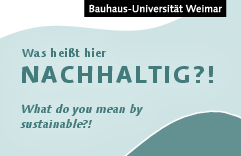
Let's make our university more sustainable – help us find the right ideas and get involved in the transformation process!
The objectives are summarized in the figure above and divided into three successive process phases (short-term - medium-term - long-term). In the current first phase, the sub-goals of establishing an innovation network, increasing system understanding and process transparency, and identifying transformation paths in university operations are being pursued. The second phase, which develops in parallel, is used to develop a sustainability strategy and to initiate and implement initial measures to support the transformation process. In the third and final phase, the university will adhere to the sustainability principles of ecological viability, social justice and economic efficiency and further develop and disseminate the implementation of these principles in university operations.
Sustainability Strategy
We are currently developing a sustainability strategy for Bauhaus-Universität Weimar in a participatory process to create a common understanding of sustainability and to further develop our university in a targeted manner by selecting effective measures. To this end, we apply the ‘Whole Institution Approach’ model by dividing the strategic goals and measures into 5 main areas: Governance, Campus, Teaching, Research and Transfer.
Governance
Sustainable governance refers to the strategic integration of sustainability principles into the institution's governance structures and administrative processes. This includes the development of guidelines, decision-making processes, structures and procedures for assigning responsibilities and allocating resources such as time and money. The aim is to create an organisational culture that functions sustainably and beyond individuals in the long term.
Campus
Sustainability on campus encompasses the implementation of sustainability principles in the planning, construction and operation of buildings as well as in the management of infrastructure and procurement. In ongoing operations, for example, measures can be taken to reduce energy and water consumption, minimise waste and promote recycling. The aim is to create a sustainable campus that is both climate and environmentally friendly and improves the quality of life for students and staff.
Study
Sustainability in teaching and studies means integrating sustainability principles into the design and organisation of courses. This includes the development of study programmes that address socio-ecological sustainability and enable students to work on sustainable solutions to global challenges. Teaching methods that promote sustainable thinking and action and interdisciplinary approaches such as practice-orientated learning are at the forefront. Both the content and the implementation of teaching are aimed at climate protection. The aim is to create an educational culture that prepares students for an active role in society.
Research
Sustainability in research refers to the systematic integration of sustainability principles into research foci, methods and practices at the university. This means that research projects are geared towards working on solutions for socio-ecological challenges. In addition, emphasis is placed on interdisciplinary and international collaboration in order to address complex sustainability issues holistically. The aim is to enable research that delivers practice-orientated results in order to advance the socio-ecological transformation of society.
Transfer
Sustainability in transfer means that knowledge and innovation are utilised in a targeted manner to bring sustainable solutions to society and the economy. This includes working with companies, public institutions and civil society to embed sustainable technologies, practices and ideas in practice. Partnerships are encouraged that maximise social and environmental benefits. The aim is to contribute to solving social problems through the transfer of knowledge and technology and to build long-term regional relationships on an equal footing.
In order to strengthen cooperation between the various actors at Bauhaus-Universität Weimar and to support the sustainability movement at the institution in a coordinated and targeted manner, the position of Environmental Officer was established in September 2022, the position of Vice President for Societal Transformation in June 2023 and a Presidential Staff Position for Sustainable Development in August 2023. Together with the advisory voice of the Klimaschutzbeauftragten, this group of people forms the »Sustainability Team« at Bauhaus-Universität Weimar.
»The sustainable development of the Bauhaus-Universität Weimar is not self-evident for us, but a process that we must consciously shape in order to achieve our goal: a socially responsible, climate and environmentally friendly, economically efficient university.«
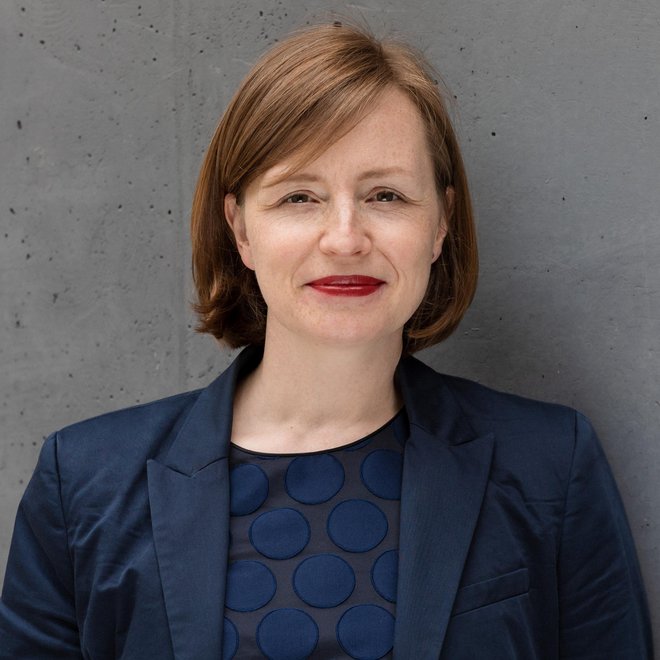
Dr. phil. Dipl.-Ing. Ulrike Kuch
Vizepräsidentin für gesellschaftliche Transformation
E-Mail: ulrike.kuch@uni-weimar.de
Tel.: +49 (0) 36 43 / 58 30 41
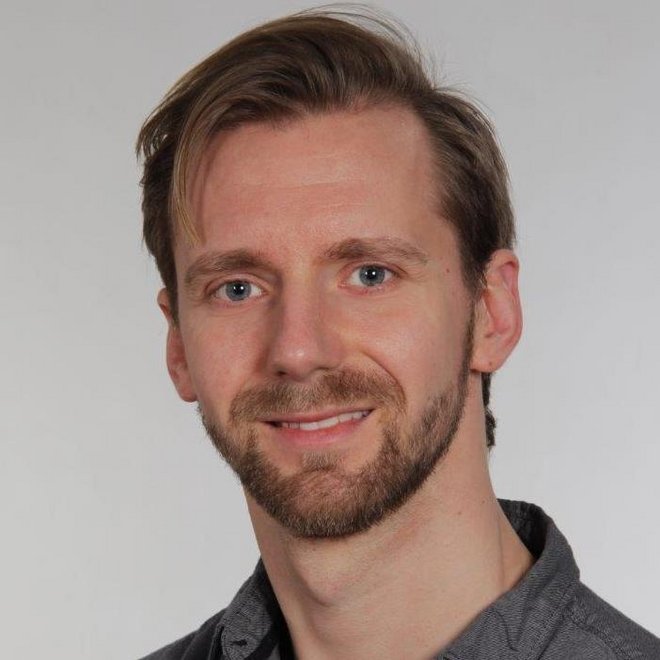
M.Sc. Steven Mac Nelly
Umweltbeauftragter
E-Mail: steven.mac.nelly[at]uni-weimar.de
Tel.: +49 (0) 36 43 / 58 12 20
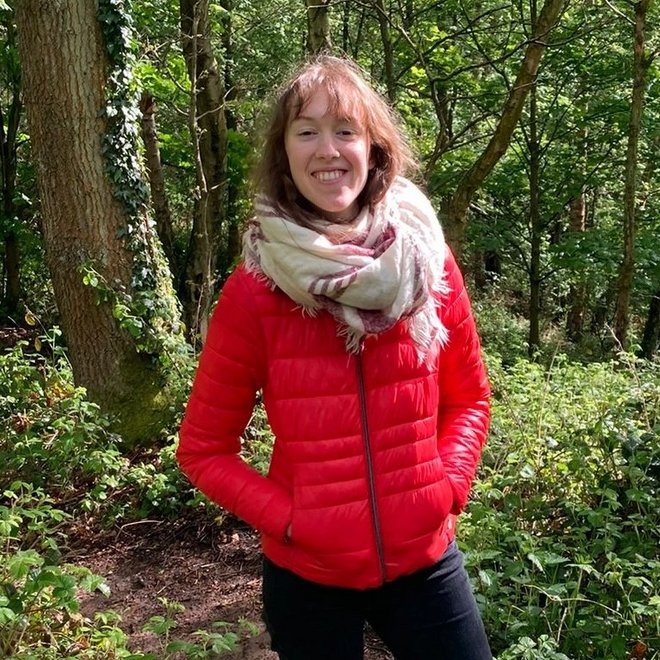
B.Sc. Milla Leona Semisch
Hilfswissenschaftliche Mitarbeiterin Stabsstelle Nachhaltige Entwicklung
E-Mail: milla.leona.semisch@uni-weimar.de

